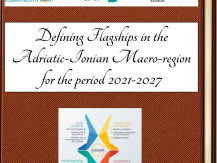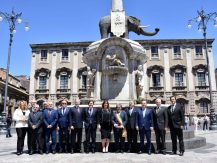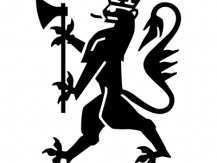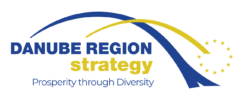The Mediterranean Diet Phenomenon Connects the Blue Economy, Sustainable Tourism and Youth in the European Union
A two-day workshop dedicated to the Mediterranean Diet as a tool for developing sustainable tourism was held in the Italian city of Bari.
The event was organised by the European Commission in cooperation with North Macedonia, which currently holds the presidency of the EU Strategy for the Adriatic and Ionian Region (EUSAIR), and representatives of three thematic pillars – Blue Economy, Sustainable Tourism and Enhancing Social Cohesion.
Under the title “Sustainable and Innovative Food Systems: The Mediterranean Diet as a Tool for Tourism and Local Development in EUSAIR Communities”, the workshop took place at the International Centre for Advanced Mediterranean Agronomic Studies (CIHEAM - Centre International de Hautes Etudes Agronomiques Méditerranéennes). Experts from across the region gathered in Bari to establish a working group that will develop a joint project focused on the Mediterranean Diet as part of the region’s cultural heritage and a key element of its tourism offer.
The workshop marked the launch of the new EUSAIR Action Plan adopted in May this year. Croatian representatives, who participate in the Thematic Steering Group for Sustainable Tourism, have taken a leading role in forming the working group and developing the project. The project will focus on promoting the Mediterranean Diet, local and organic production, and strengthening green tourism.
Over the two days, participants discussed existing policies, best practices and funding opportunities for projects that connect food, tourism and sustainable development. Special emphasis was placed on regional cooperation and the inclusion of young people in developing new models of tourism based on local production and sustainability.
Within the 4th Thematic Pillar – Sustainable Tourism – participants presented research, initiatives and the Handbook on Gastronomic Tourism Development in the Adriatic-Ionian Region. The participation of thematic coordinators and group members from Croatia and Albania confirmed the importance of sustainable tourism within the Strategy.
Participants also visited the Alta Murgia area, designated as a „Bio-district“, an example of sustainable integration of agriculture, community and tourism. This model demonstrates how local initiatives and respect for nature can create attractive and sustainable tourism offers – precisely what the new EUSAIR project aims to promote in the region.
In the coming months, the Coordinators of Thematic Steering Group for Sustainable Tourism, will lead the working group responsible for project development and coordinate cooperation among regional partners, confirming its key role in shaping sustainable and competitive tourism in the Adriatic-Ionian region.
You might be interested in

EUSAIR flagships all summed up!

The Hellenic Republic assumes the Presidency of the EU Strategy for the Adriatic and Ionian Region (EUSAIR) (1 June 2024 – 31 May 2025)

3rd EUSAIR Annual Forum – CATANIA DECLARATION







